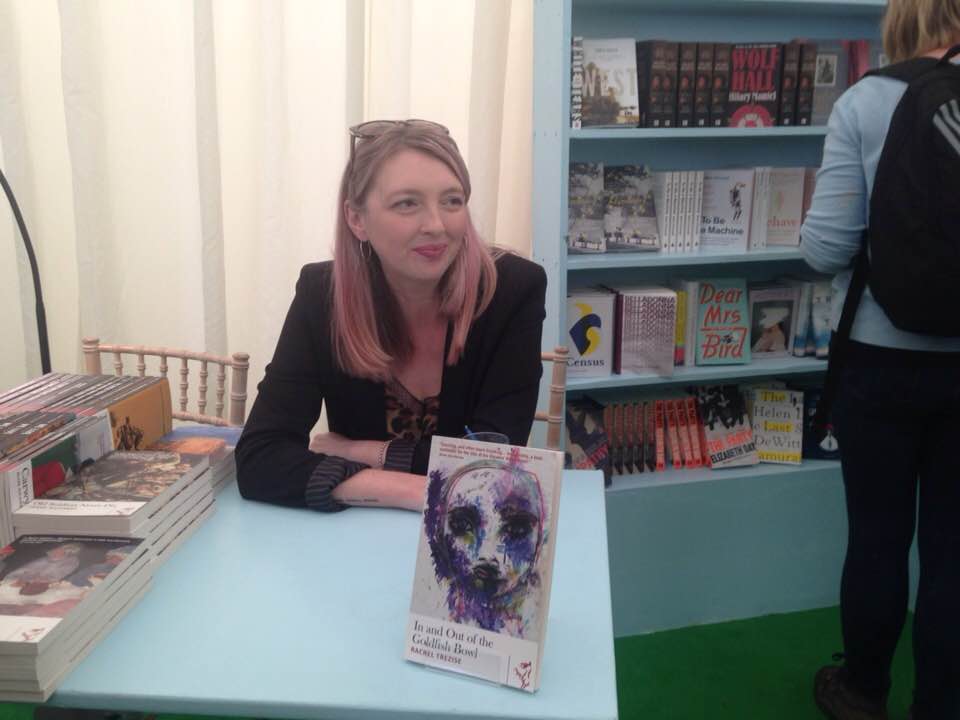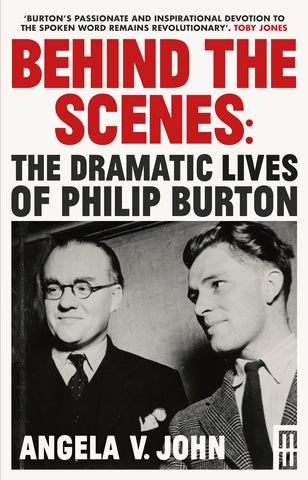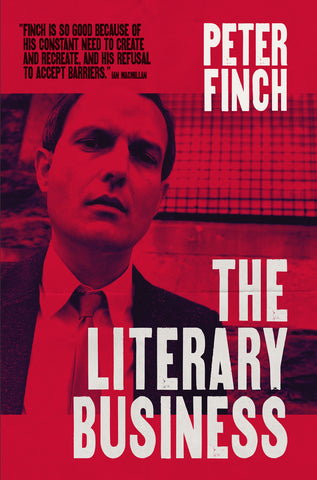The Hay Festival is one of the premier international book festivals that takes place annually in the Welsh town of Hay-on-Wye. This year, an event centred on the Library of Wales was pannelled by Phil George, chair of Arts Council of Wales, author Rachel Trezise, and Cardiff University's Tomos Owen. The trio discussed the merits of the series, representation of women, and the depth of Welsh writing.
The series, originating in 2007, was edited by Professor Dai Smith and published by Parthian with funding provided by the Welsh Books Council. The 50th title in the series was published this year, prompting an event that reflected on its progress.

The panel identified a common theme of belonging and alienation that threaded through the whole series. It's something ever-present in Rachel Trezise's debut novel In and Out of the Goldfish Bowl, one of its most recent additions. Begun when she was just 17, Rachel's novel captures the listlessness and desperation of a post-industrial Rhondda town -- a place where young people resorted to drugs and each other to keep warm.

At the event, Rachel described how she thought only of her experience while writing -- not trying to make a broad statement about de-industrialised Wales, but rather letting that analysis come later. The consequences of rampant unemployment occur on the periphery of the story about one teenager's cycle of abuse and addiction.
Rachel indicated how the novel was not well-received in the Rhondda at the time, for they were 'looking at the valleys with rose-tinted glasses and with nostalgia.'
Exactly what Welsh literature is, and how to define it, is a theme not only of the literature, but of the process of selection. Much was made of the fact that of the 50 authors, only 10 are women.
Tomos Owen contended that the argument that the imbalance reflects the society out of which the series drew from could be a self-confirming diagnosis. He described other women writers not part of the series who could have been, among them being romance writers whose work could merit inclusion.
Out of this conversation, the purpose of the Library of Wales was examined, mainly this question: Is the series supposed to be a Welsh literary canon? The moderator of the panel, Phil George, indicated that the original purpose was to identify diverse treasures within Welsh literature, rather than to create a canon. Tomos pointed out that the title 'Library of Wales' made questions of canonisation fair.
The nuances of the series were also discussed, like the inclusion of authors like Rhys Davies who countered the metanarrative of working-class Wales. Tomos described how his stories are populated with loners and misfits, partially due to the fact that Davies was writing about a working class he was not a part of. Tomos talked about the prominence of border writing in the series, which 'sharpens the question of belonging and not belonging' giving Country Dance and A Man's Estate as examples.
When asked what she'd like to see from the series moving forward, Rachel said 'More women.' Tomos indicated that he'd like to see the inclusion of dramas or political essays, sharing the desire to see it reach further back than the 20th century as well as looking forward.
The panellists took questions from the audience, where questions of criteria for the series were discussed, as well as the influence of the Welsh language on writing in English. Tomos described authors like Gwyn Thomas and Dylan Thomas who were within earshot of the Welsh language, and how its rhythm can be seen in their writing.
Afterward, Rachel signed copies of In and Out of the Goldfish Bowl in Hay's bookshop, sitting beside dozens of titles from authors who drew from the same well she did. She is the one of the few living authors from the series, and has proven to be an incredible emissary for the Welsh writing.

All 50 books of The Library of Wales are available on Parthian's website here.



